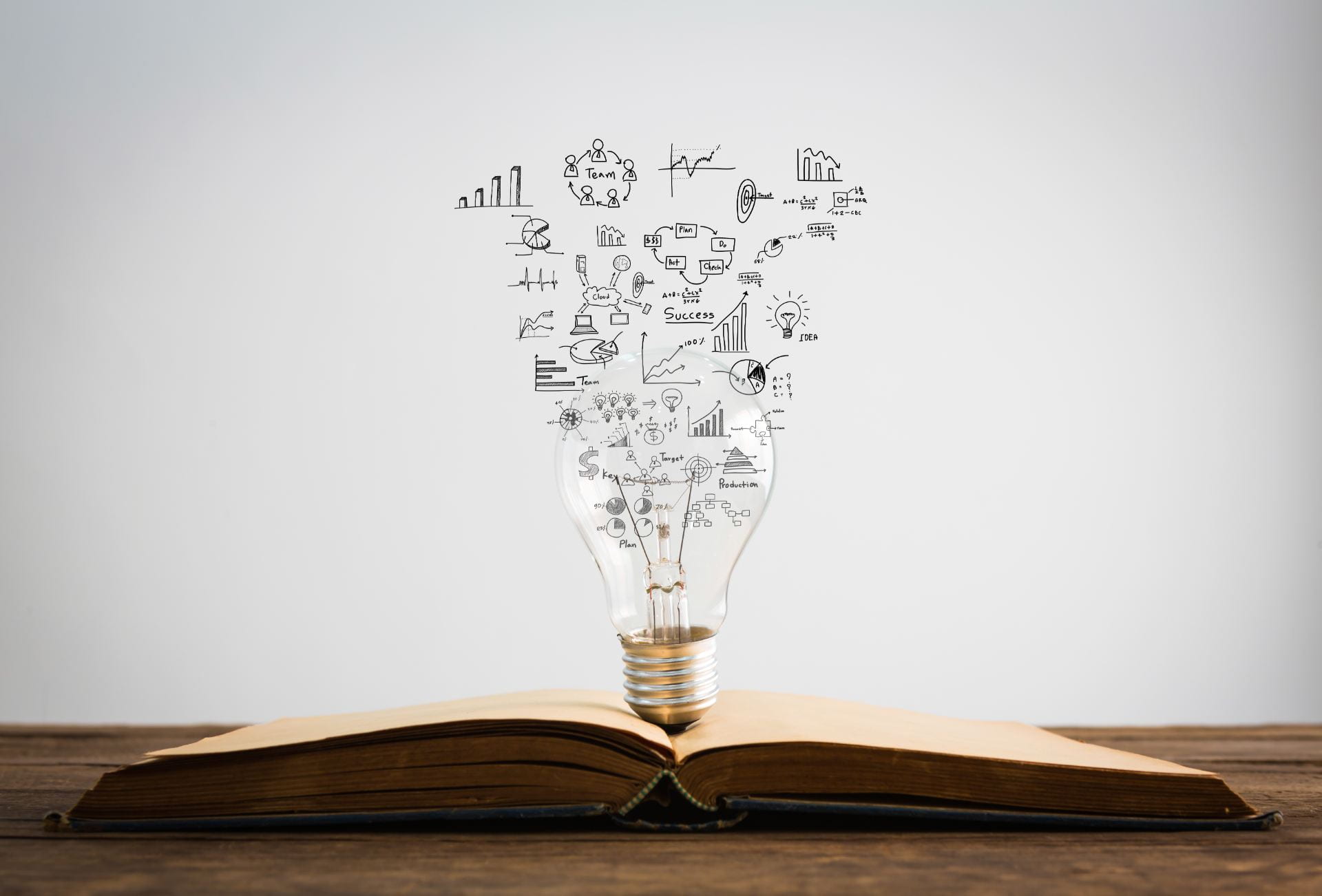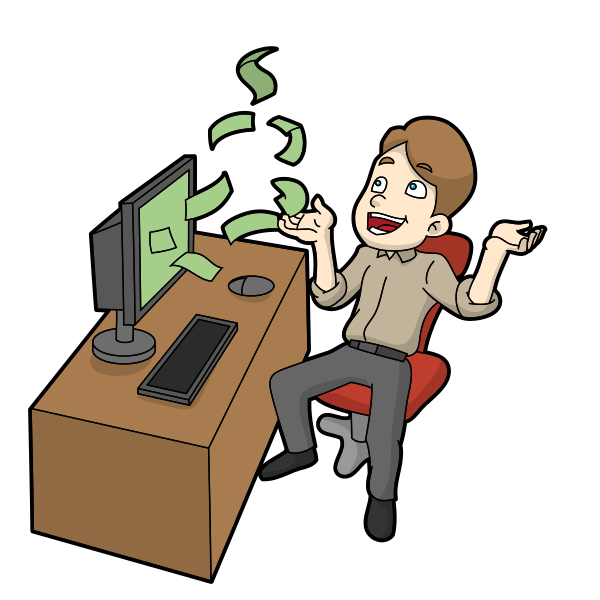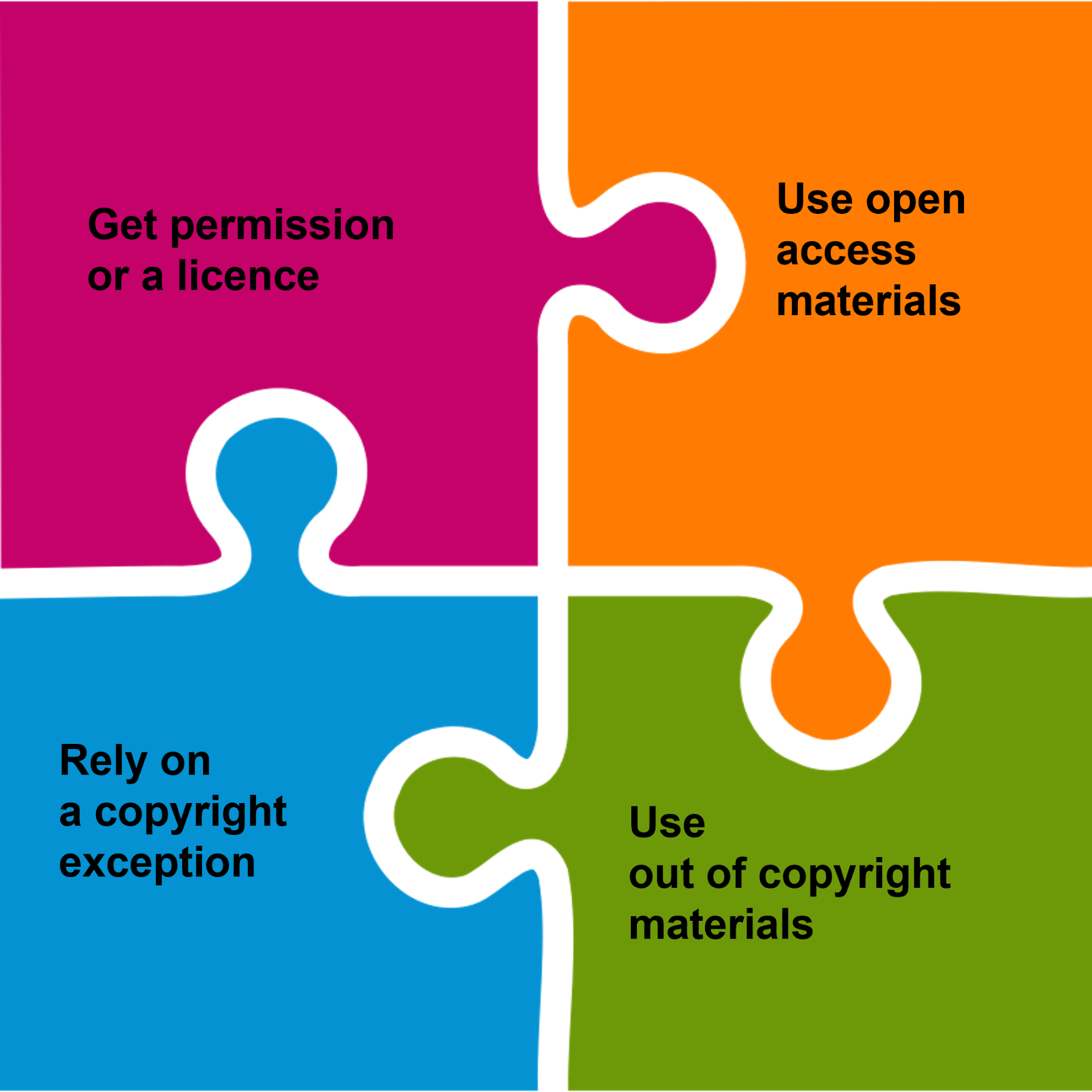Information on copyright as it applies to recorded lectures. If you need further advice please contact copyright@ucl.ac.uk.
A lecture capture is a recording of a face-to-face lecture. Lecture recordings can be edited, stored and made available to an audience for viewing after the end of the class.
Lecturecast is a tool supporting the recording, processing and online viewing of lectures that are usually delivered face-to-face in selected UCL teaching spaces. Lecture recordings can be linked to a Moodle course, but it is also possible to make them available to staff and students through other channels. In some cases, recorded lectures may also be available to external audiences.
The UCL Lecturecast Policy defines responsibilities for managing the default opt-in Lecturecast process and any opt-out policies. It also defines the retention requirements for Lecturecast content. Further support can be found on the Lecturecast Resource Centre pages.
Recorded lectures: copyright considerations
- What rights apply to a recorded lecture?
There are four distinct issues:
- Underlying Materials. These are the lecture notes, scripts, slides, hand-outs, video clips etc. used in a lecture. These include materials created by the person who put together and delivered the lecture and may also include materials created by others ('third-party materials'), for example quotations, images or extracts from films. These materials are usually protected by copyright.
- Performers’ Rights. To the extent that a lecture constitutes a performance, the individual that delivers the lecture has certain rights. These rights include control over whether their performance is recorded, whether it can be copied and whether it can be made available to the public. Unless the owner of performers' rights has given permission, these actions are infringing. However, a performance may be recorded without permission for private use.
- Video Recording. Aside from the rights in the underlying materials, there are separate rights in the video recording itself.
- Moral rights. Authors of copyright material and performers have certain “moral rights”, including to be identified as the author or performer and to object to derogatory treatment (alterations that are prejudicial to the author/performer) of their work. Legally, the right to be identified as the author or performer only needs to be complied with if asserted by the author or performer although it is good practice to acknowledge authors and performers.
- Who owns the rights to a recorded lecture and how does this apply to UCL staff and external speakers?
In line with the Copyright, Designs and Patents Act 1988:
- The first owner of copyright to underlying materials (e.g. text and images used) is the author of those materials, unless these were created by an employee int he course of employment, in which case the employer is the first owner of copyright. However, in the case of scholarly and teaching materials, UCL normally waives these rights in favour of its staff (UCL IP policy, 2.1.2-2.1.3). UCL still retains a licence to reuse these materials for specific purposes (UCL IP policy, 2.3). In the case of external speakers, a written agreement specifies the licence terms under which UCL may reproduce the materials in the recorded lecture.
- The first owner of performers' rights is normally the performer. This means that consent from the performer is necessary for recording a lecture and for copying and sharing the recording. In line with the UCL Lecturecast Policy, Lecturecast is 'by default, an opt-in service with the onus on individual lecturers or teaching leads in departments/divisions to choose to use the system'.
- If a lecture has been recorded - in line with UCL's opt-in policy - and the recording itself is produced by an employee or employees of UCL, the licence set out in the UCL IP policy (2.3) will apply to the recording. This would enable UCL to reproduce and share the the recording. If non-UCL employees are involved in producing the recording, a licence will be necessary to reproduce and use the video. This could apply to contractors and/or external speakers.
- Third party materials included in a lecture will normally belong to their author, the author's employer or a publisher. Permission to reuse them is normally necessary, unless they are licensed for reuse (e.g. with a Creative Commons licence) or a copyright exception/fair dealing applies. External lecturers are asked to confirm that they have managed any third party copyright materials as part of their agreement with UCL.
- Is there a standard form for external speakers to sign?
If your department is organising a lecture by an external speaker, please use the UCL External Lecturer Consent Form. The form is used to gather permission to record the speaker's lecture and permission to re-use their copyright material. The completed forms should retained by the UCL department which has organised the event as evidence that we have the relevant permissions.
You may also want to share the relevant guidance addressing questions that often arise regarding the form.
- What if a lecture contains images and other materials created by others?
Getting permission
If a lecture includes text, images, video, music or any other materials for which the lecturer does not own the copyright, permission from the copyright owner is normally required. The copyright owner and the source of any third party material must also be properly acknowledged.
Relying on copyright exceptions
When delivering a lecture, it may also be possible to use third party materials by relying on a copyright exception as defined in UK copyright law. The most relevant is the exception in Section 32 of the Copyright, Designs and Patents Act 1988 (CDPA), covering the use of material for “illustration for the purpose of instruction”. The exception in Section 30 of the CDPA, covering 'quotation, criticism and review' may also be relevant. Both exceptions are subject to the "fair dealing". "Fair Dealing" does not have a statutory definition but is generally taken to mean dealing with a copyright work in a fair-minded and honest way. Important questions to consider are: (a) Could the economic interests (or other interests) of the copyright owner be damaged by our use of the work? Is it a substitute for purchase, for example, or will we be competing with the original work? (b) Are we using a greater proportion of the work than is reasonable and appropriate in the circumstances?. It is also vital to credit the author and source of any work which you use. Whether using the material is covered by an exception and whether it is 'fair dealing' is a matter of judgement and very much depends on the context.
The decision to record the lecture and to store the recording for re-use in different contexts may change our assessment of 'fair dealing'. Generally speaking, the exceptions which justified the inclusion of third party material in the live lecture may be less likely to apply in the context of recording a lecture incorporating that material which will then be stored and re-used in different contexts. Best practice is that any third party materials should not be recorded or included in the recording unless permission is obtained.
Using open materials
An alternative approach is to use only materials which are licensed for re-use, such as those shared under a Creative Commons (CC) licence. Please see further information on CC licences.
Please contact copyright@ucl.ac.uk for further advice on using third party materials.
- What about data protection?
If the recording contains footage of individuals, data protection issues may arise. Images of an individual (whether a video or still) may be classed a personal data if the individual can be identified from that image alone or in conjunction with other data. In that case we will need to ensure compliance with the provisions of the Data Protection Act 2018. Please see the guidance note on data protection and Lecturecast.
- Where can I find more information on recorded lectures and copyright?
The JISC guide on legal considerations for recording lectures addresses copyright, data protection and other legal issues by discussing common scenarios.
 Close
Close






